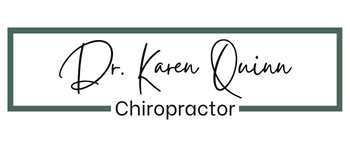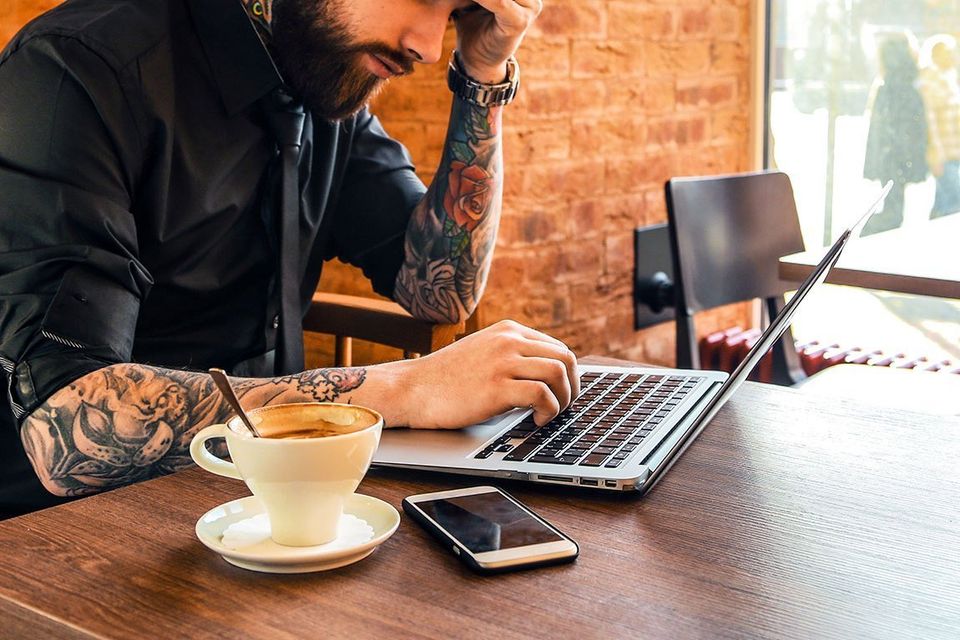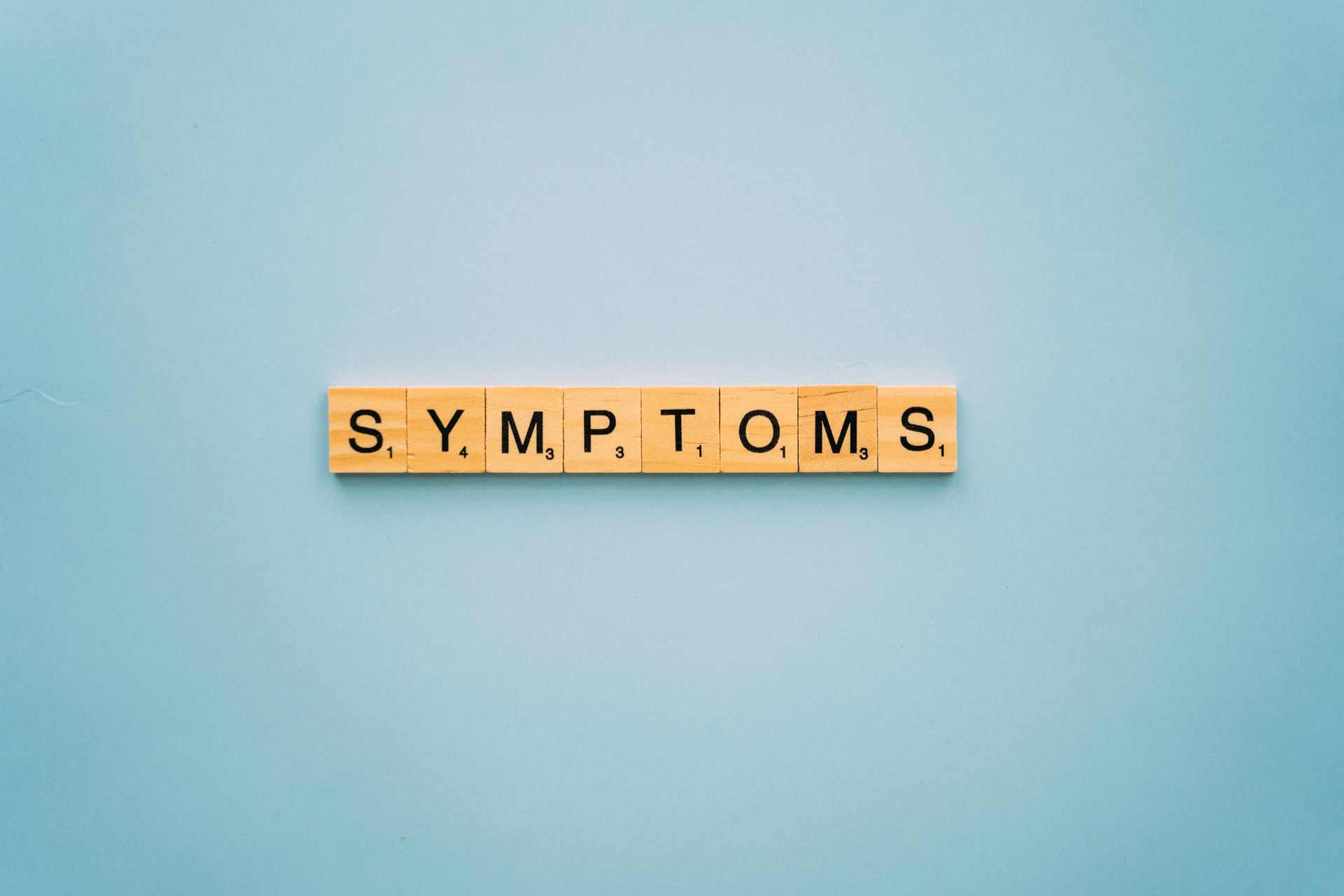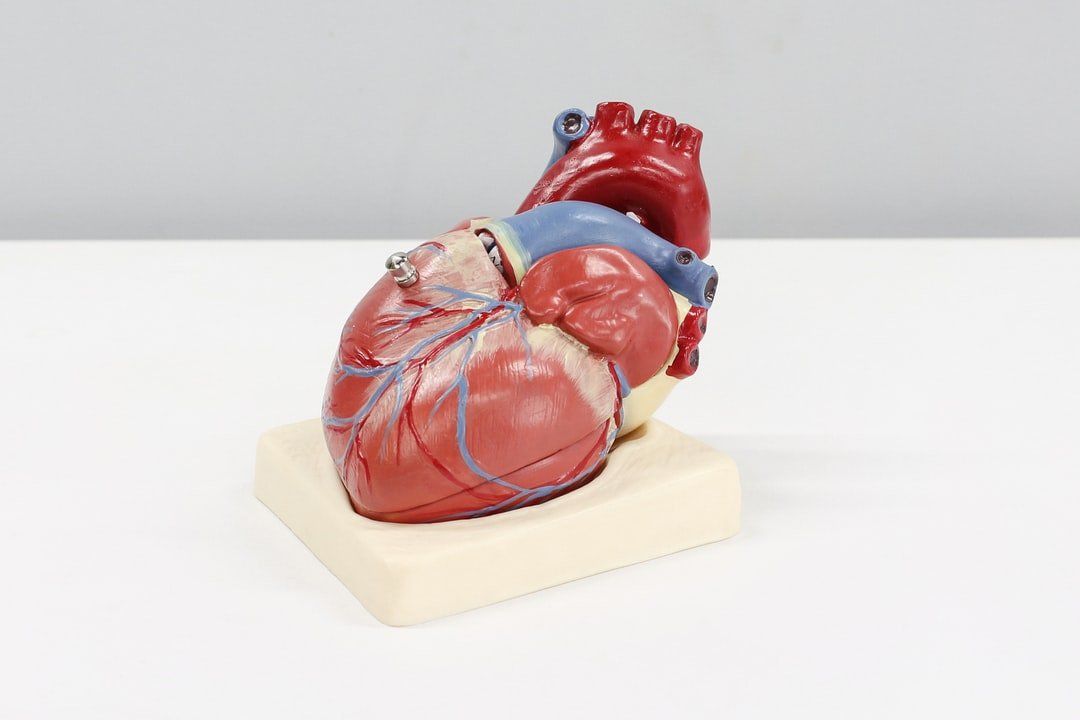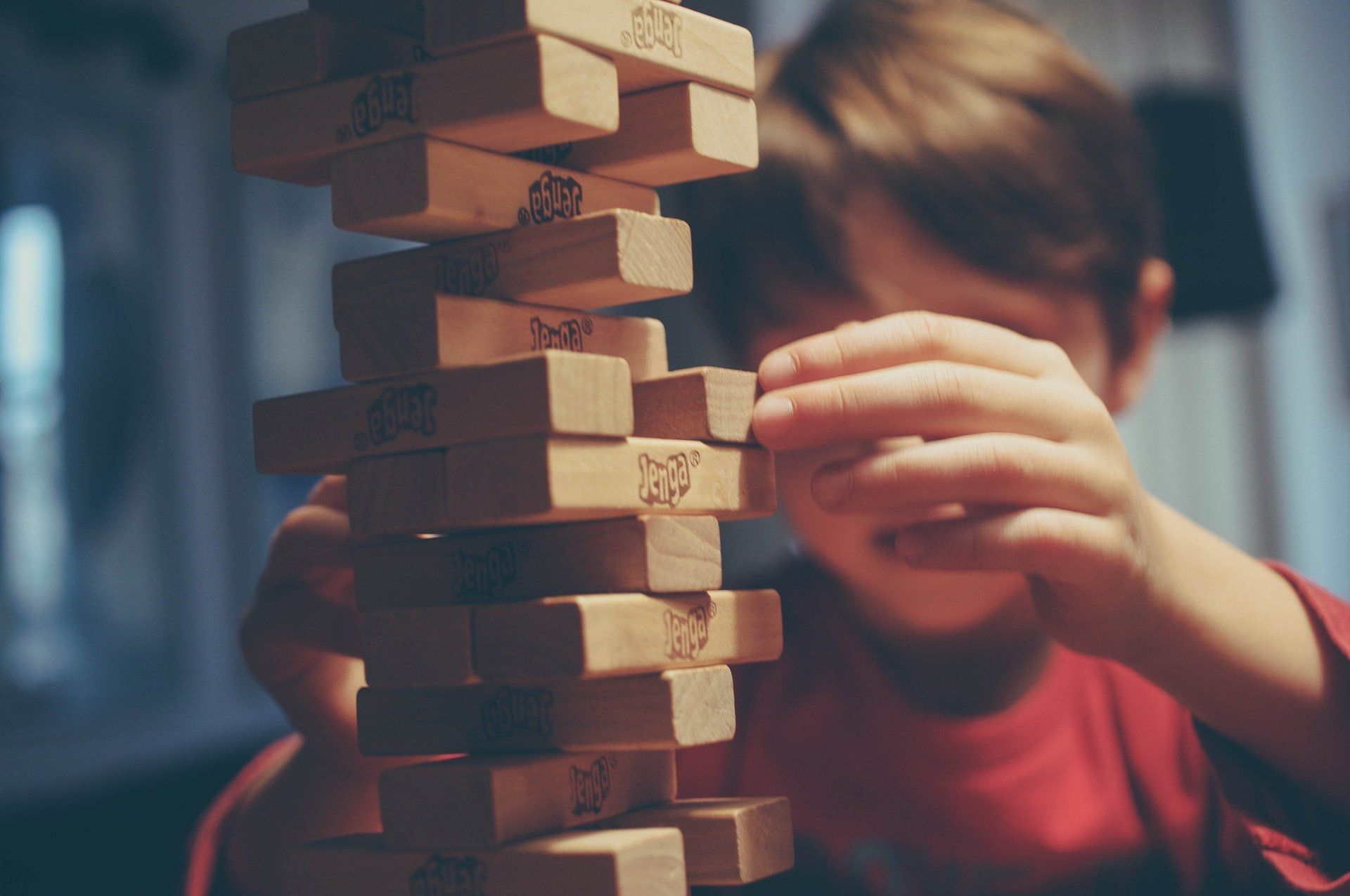3 Ways to Reduce Screen Strain
There is a reason why screen time is the number one thing to be limited for those recovering from a concussion. There is a tremendous amount of brain stimulation that occurs through focusing and directing the eyes, but also interpreting the information being transmitted. For those without concussion, this stimulation and stress still occurs, we just have a greater capacity to adapt to it. In addition to the visual/ brain stimulation, when we are sitting in front of a computer, looking down at our phones or even sitting for long periods of time looking down at a book (hello students, I see you!) , we experience significant repetitive stress due to the posture we adopt. Over time, our neck and upper back fatigues and patterns of tightness and weakness occur.
Of course, ensuring your spine is aligned and of optimal function is a key piece to minimizing daily postural or screen stress, however there are a few things we can do on our own day-to-day that will offer further support.
20-20-20 RULE
I don’t recall where I originally heard this “rule” but it’s one I offer to anyone working at a computer for long stretches of time, people recovering from concussion or anyone really who notices a change to posture, eye strain or focus. Whether you perceive strain or not in your body, there is an inherent stress that occurs from staring at a screen. The 20-20-20 rule is a reminder that every 20 minutes to glance at something 20 feet away for 20 seconds. This allows our eyes to relax, our brain to refocus and most likely will ease the neck and upper back posture.
SPHINX POST
This is a key pose when if done properly can help strengthen the upper back, neck and open the chest. Not for those who have known facet issues (pain when standing or in a back bend), but basically is the needed tummy time for everyone from infants to adults.
Laying on belly, squeezing glutes if needed to protect low back, with arms out in front of you. Slowly inch elbows towards you. At the deepest expression, shoulders will be stacked over elbows with palms down and hands pointing forward. Keep shoulders “down” (avoid sinking shoulders towards ears) and keep chest “open”. Look forward, keeping spine long and breathe. Hold for up to 2 minutes, as long as integrity of posture can be maintained in the upper body and low back does not experience compression.
“Hands-Up Stretch”
When we are rounding forward and/ or looking down at our screens, certain postural patterns emerge. Typically we see a weakening of the upper back and front neck and a tightening of the chest and back neck. The “hands- up stretch” is a gentle way to take pressure off the areas working hard to keep you head up while opening the chest.
Lay on Floor with lower legs supported on stool or chair (hips & knees 90deg)
Head should be neutral so chin is not tucked or pointing to ceiling. You may need a pillow or support under your neck as long as it is not pushing your head forward (since this is what we are trying to reverse). If you do use a support, try using less after you’ve been doing this stretch a few times as you may not need as much.
Option 1: Arms lay flat on floor at 45 deg from side of body, palms up and shoulder blades tucked under and away from your ears.
Option 2: If no stretch is experienced across your chest in option 1, lay as above but with arms in the shape of a football goal post (straight out from shoulders, elbows at 90, palms up and ideally flush with the floor. Avoid joint strain and support your arms as needed until you can relax in that position flat on the floor for the full time. Hold for 10-20 min.
The little things we do on a daily basis can make a big difference. No two people are the same and no one strategy is the solution. Posture is something we can maintain and improve upon but it takes time and practice.
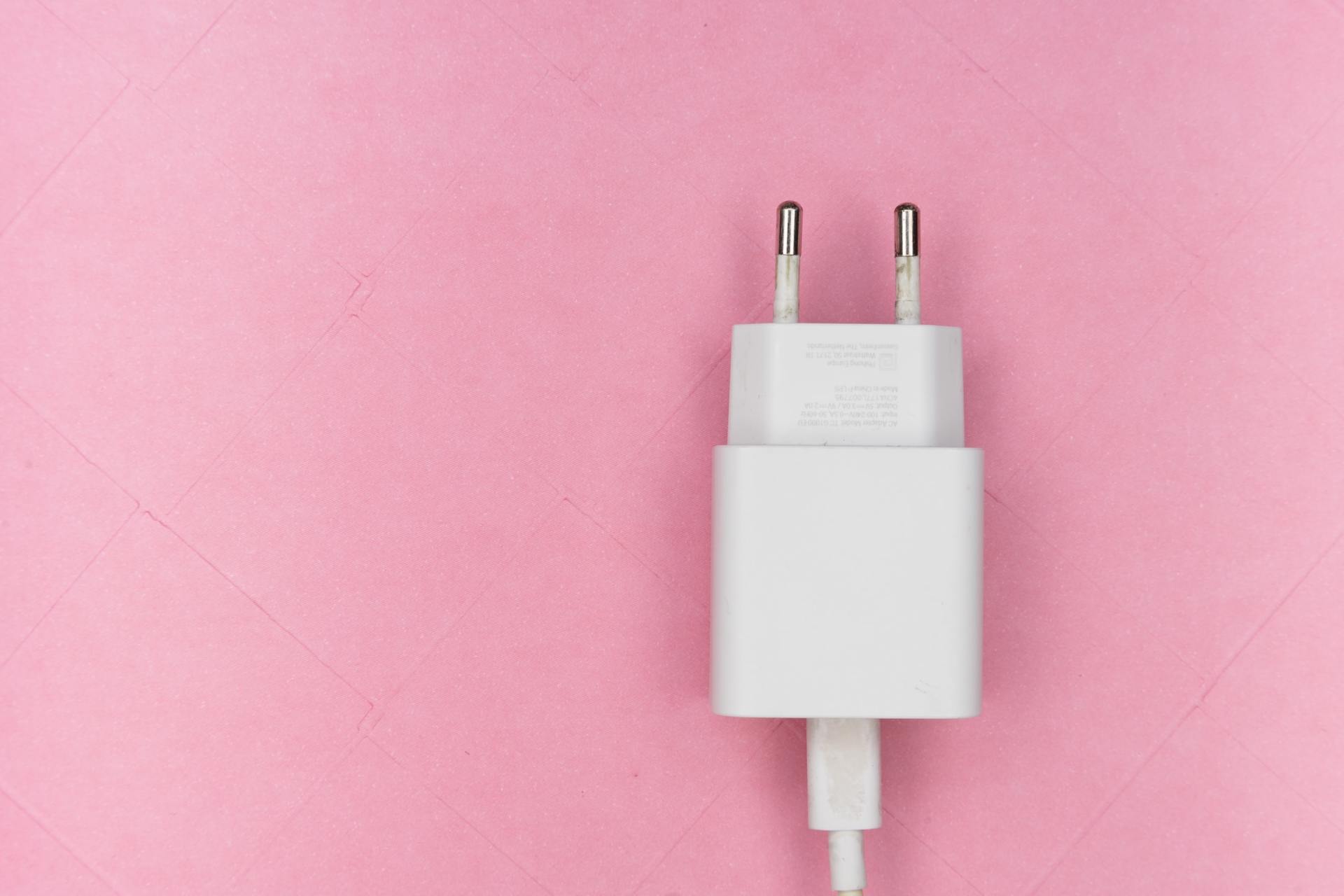

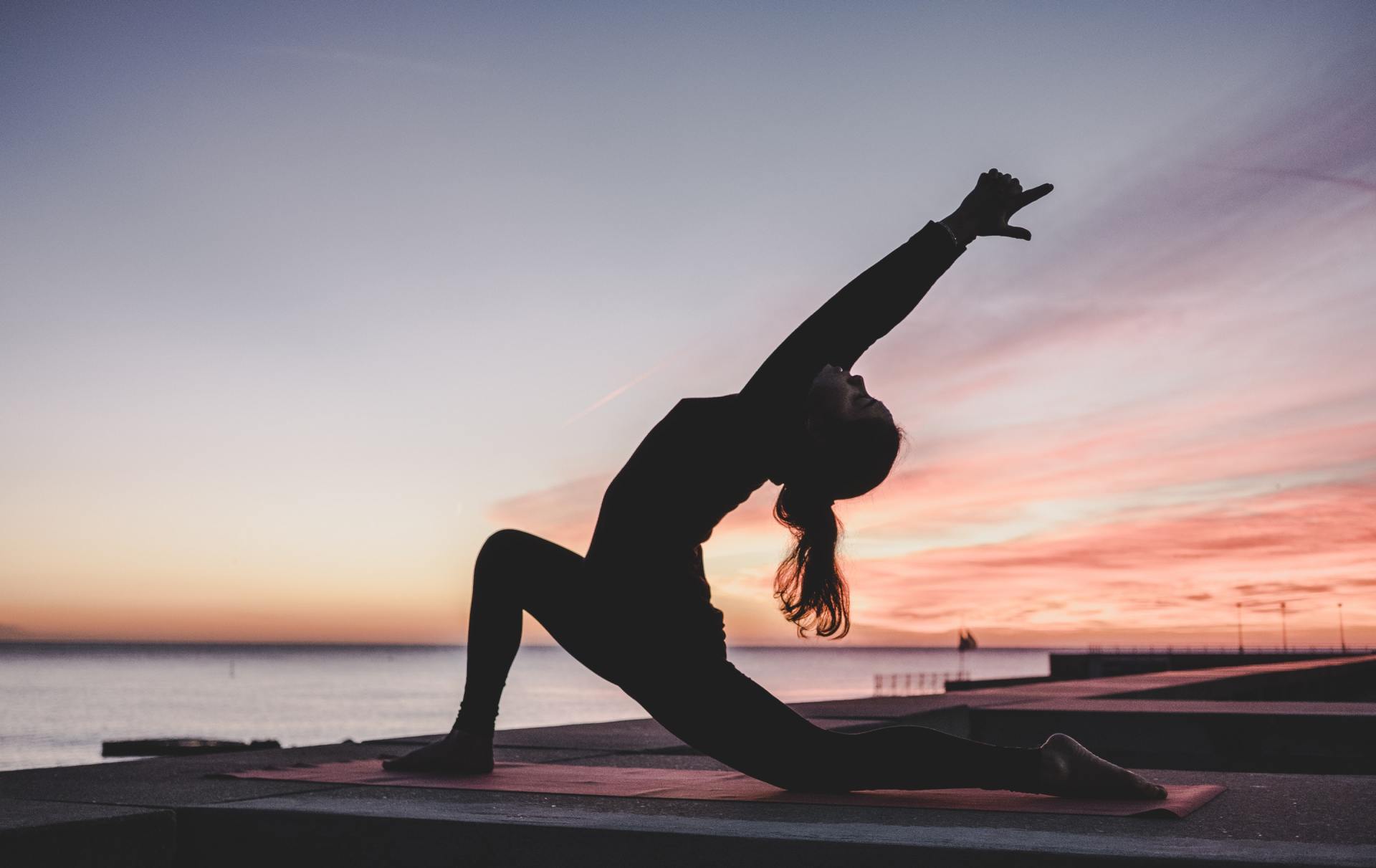

Newsletter Sign-up
You have signed up for Dr. Quinn's monthly newsletter!
Please try again later.
